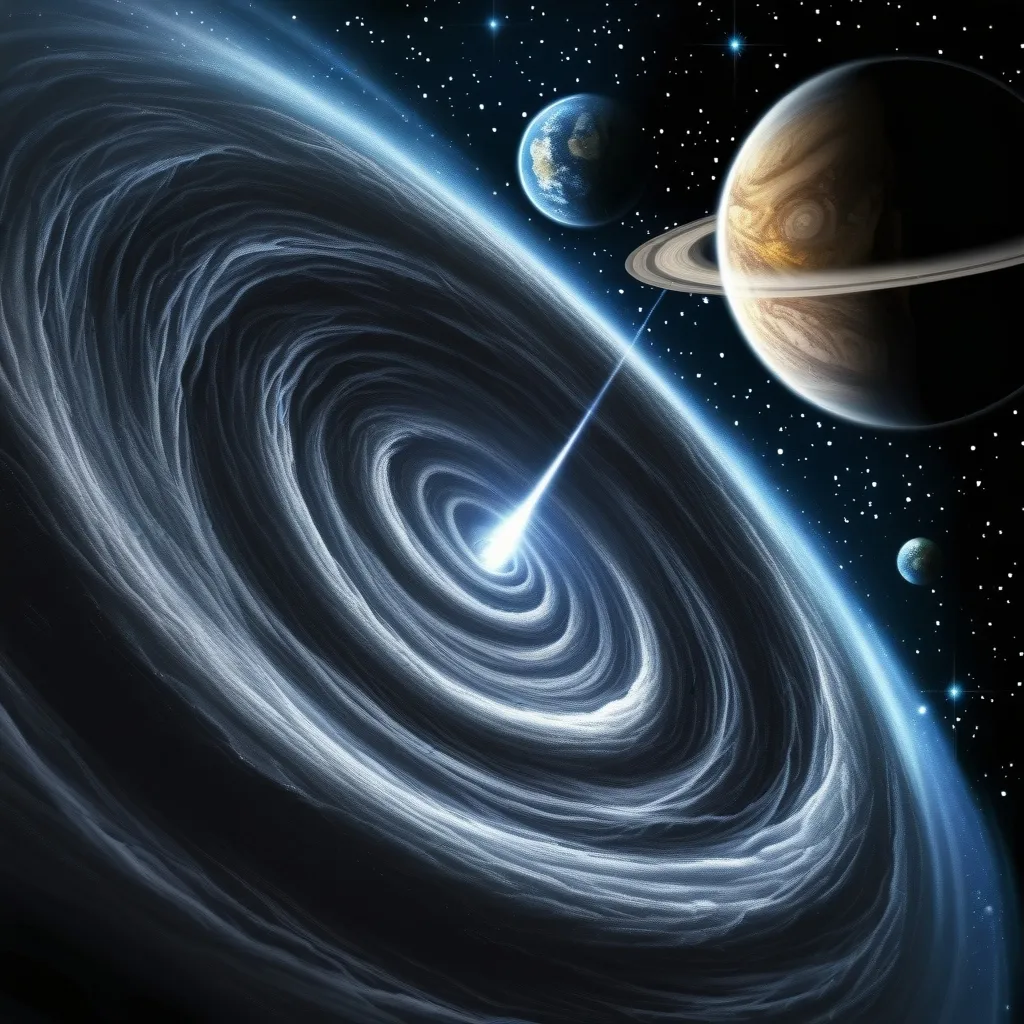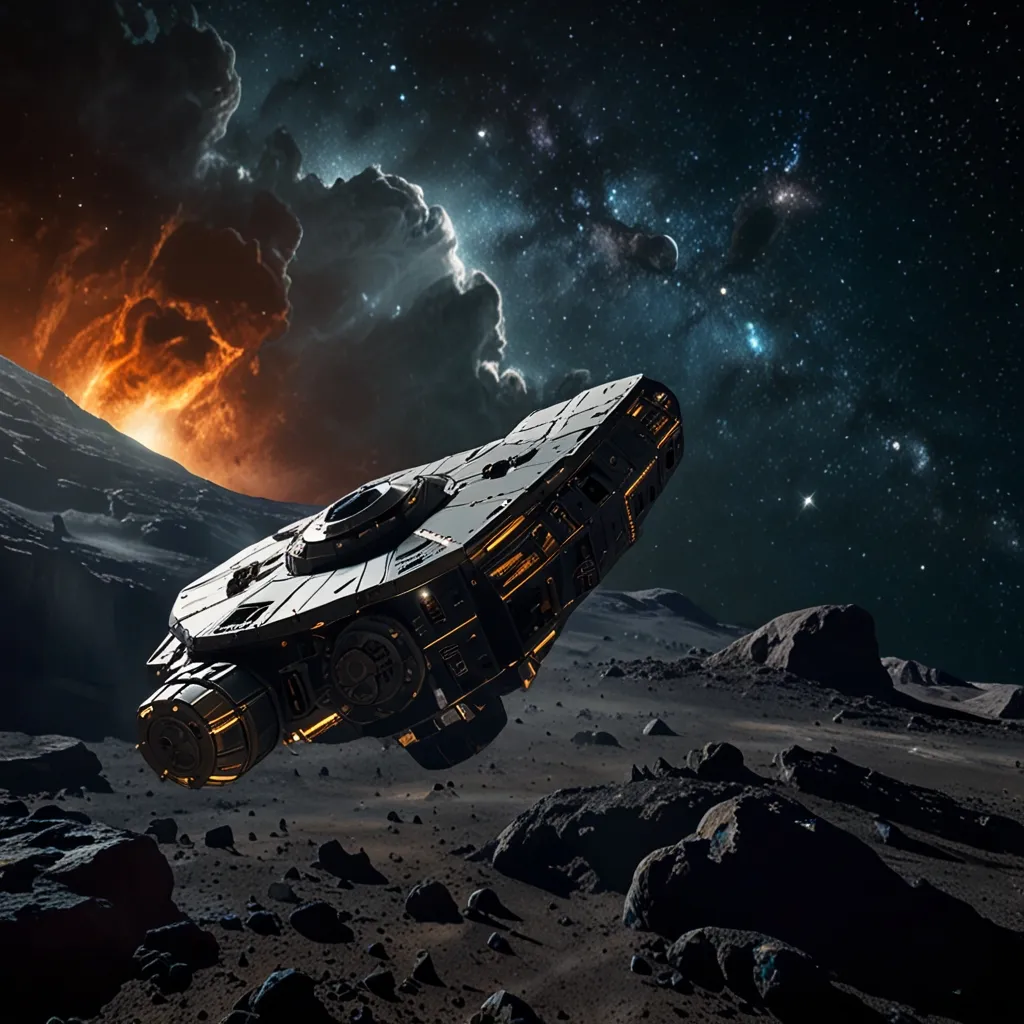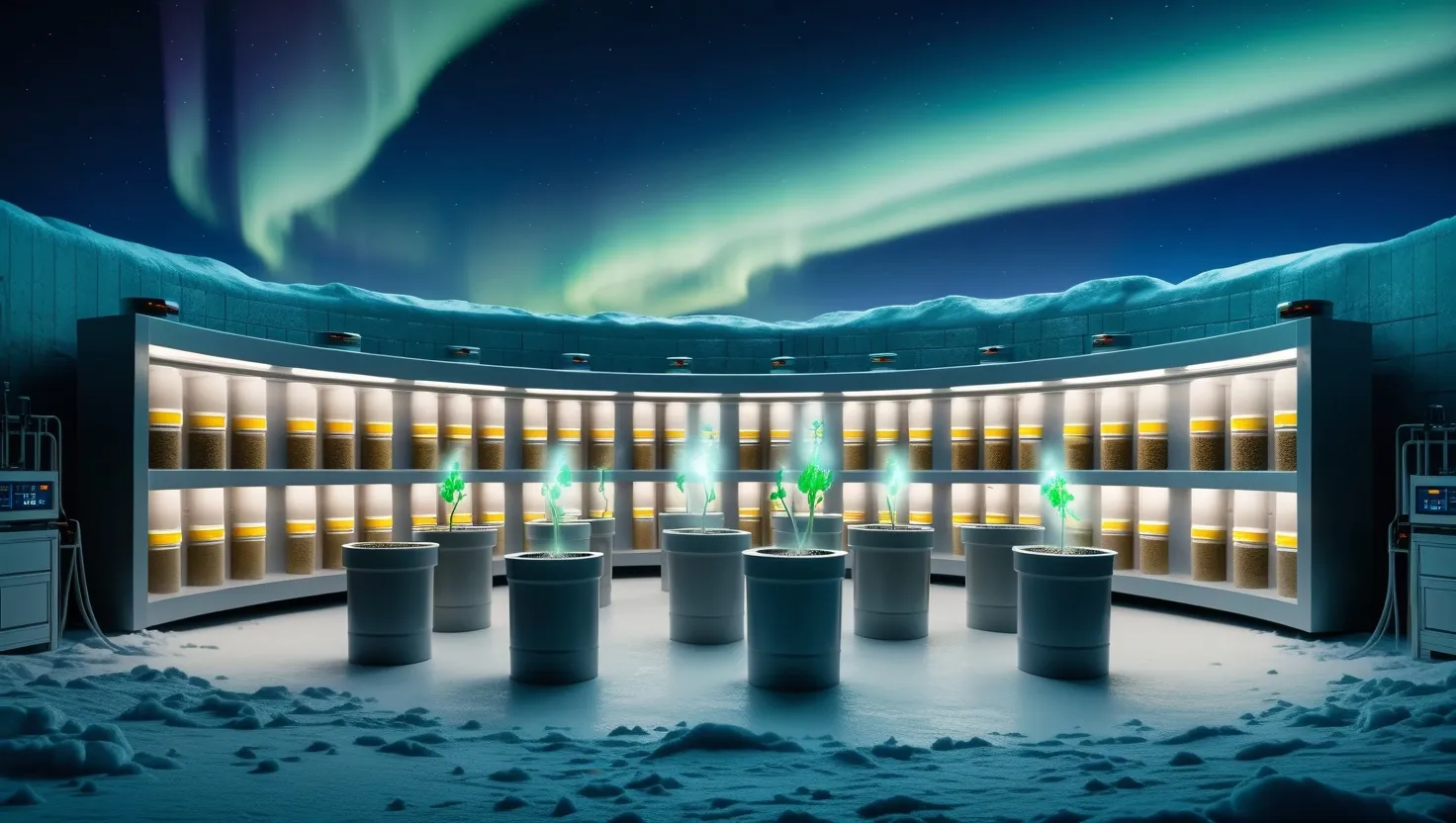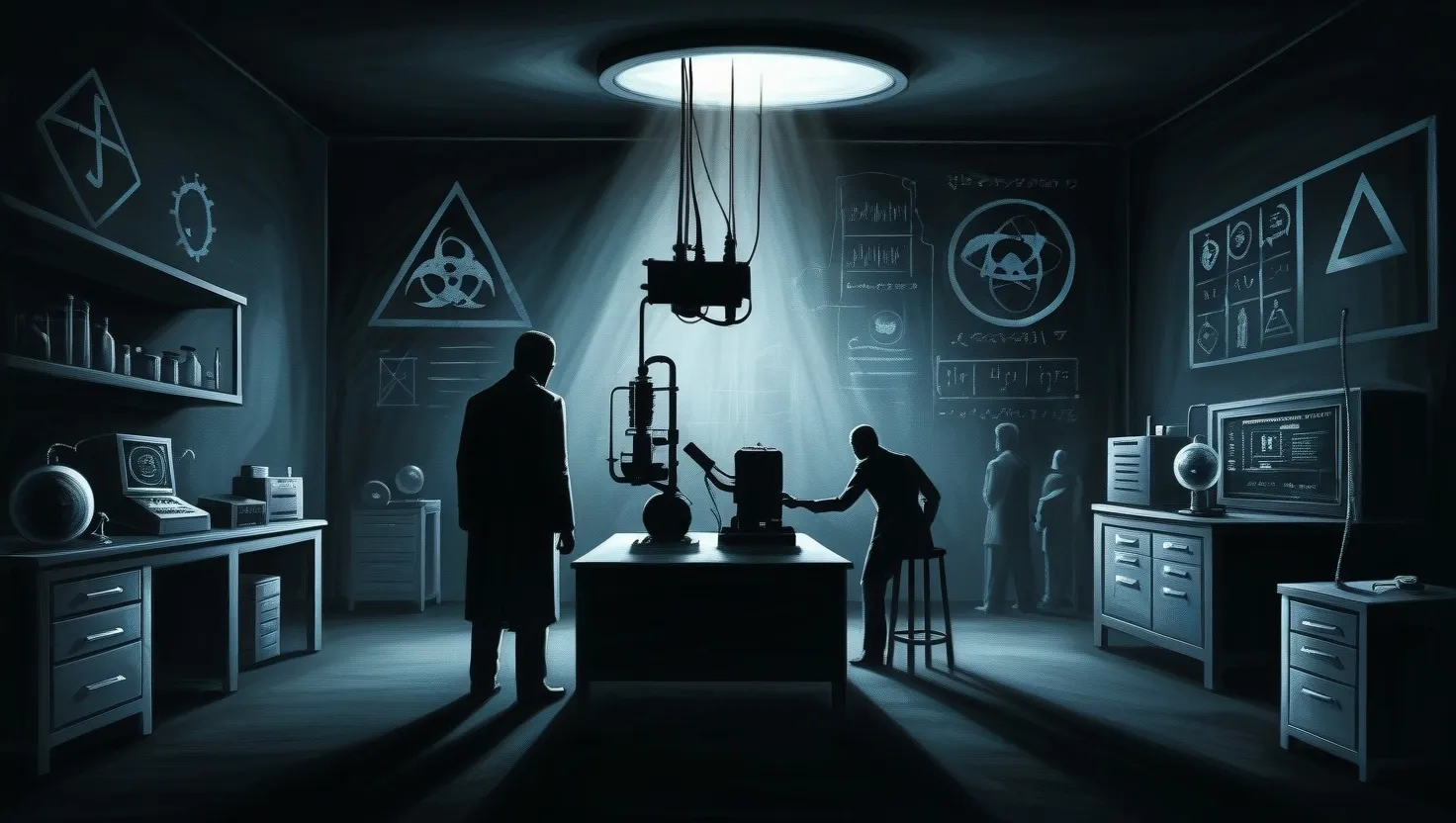Black Holes in Our Solar System: A Hidden Threat to Earth’s Climate?
Ever wondered if there’s a hidden force lurking in our cosmic backyard, secretly pulling the strings of Earth’s climate? Well, you’re not alone. Scientists have been pondering this mind-bending possibility for years, and it’s got everyone from space nerds to climate scientists buzzing with excitement and a touch of anxiety.
Let’s dive into the world of primordial black holes and their potential impact on our little blue planet. Don’t worry, we’re not talking about those massive black holes that gobble up entire stars. These guys are way smaller, but they might pack quite a punch.
Imagine a black hole the size of a hydrogen atom. Sounds harmless, right? Well, these tiny terrors, called primordial black holes, are thought to have formed just moments after the Big Bang. They’re like the OGs of the universe, hanging around since the dawn of time.
Now, here’s where it gets interesting. Some scientists reckon these mini black holes could be zipping through our solar system on the regular. We’re talking about one of these cosmic wanderers potentially cruising through our neighborhood every decade or so. It’s like having a really weird, gravity-bending neighbor who drops by unannounced.
But how would we even know if one of these invisible visitors was passing through? Well, it’s all about the wobble. Scientists are keeping a close eye on the orbits of our inner planets, especially Mars. They’re looking for tiny hiccups in these orbits that could signal the presence of a passing black hole. It’s like trying to spot a mosquito by watching how it affects the flight of a butterfly - not exactly easy stuff.
Now, let’s talk about the elephant in the room - or should I say, the black hole in the solar system. What if one of these primordial black holes decided to get a little too friendly with Earth? The effects could range from “meh” to “holy moly, we’re in trouble!”
If a black hole with a mass similar to a few Earths passed within Jupiter’s orbit, it could mess with the orbits of our outer planets. This cosmic dance could have a domino effect, potentially altering Earth’s climate. We could be talking about drastic changes in seasons, maybe even tipping us into an ice age or turning Earth into a scorching hothouse. Not exactly the kind of climate change we’re used to worrying about, huh?
But before you start building your black-hole-proof bunker, take a deep breath. The chances of this happening are about as likely as you winning the lottery while being struck by lightning… twice. Black holes are pretty rare in the grand scheme of things, and the odds of one deciding to play cosmic billiards with our solar system are slim to none.
So why are scientists even bothering to look into this? Well, it’s not just about preparing for a cosmic catastrophe. These primordial black holes might hold the key to one of the biggest mysteries in the universe - dark matter.
You’ve probably heard of dark matter, that invisible stuff that makes up most of the matter in the universe. Well, some clever folks have suggested that maybe, just maybe, dark matter could be made up of these tiny black holes. If that’s true, it would be like finding the missing piece of a universal puzzle we’ve been trying to solve for decades.
Now, spotting these black holes isn’t exactly a walk in the park. They don’t emit light, they don’t absorb light, and they certainly don’t reflect light. They’re basically the cosmic equivalent of a ninja in a dark room. But scientists are a crafty bunch. They’re using super precise measurements to track the distances between planets, looking for tiny gravitational hiccups that could betray the presence of a passing black hole.
Just for fun, let’s imagine what would happen if a black hole the size of our sun decided to replace good old Sol. Weirdly enough, from a gravitational perspective, not much would change. The planets would keep orbiting as usual. But here’s the kicker - without sunlight, Earth would turn into a cosmic popsicle faster than you can say “where’s my sunscreen?” Our atmosphere would freeze, and life as we know it would be toast… or rather, a very cold toast.
While this scenario is about as likely as pigs flying (in space, no less), it does highlight just how crucial our sun is to life on Earth. It’s a stark reminder that our cozy little planet exists in a delicate balance, and even small changes in our cosmic environment could have big consequences.
The search for these elusive primordial black holes is ongoing, with scientists around the world collaborating on this cosmic treasure hunt. If we did manage to find one in a stable orbit at the edge of our solar system, it would be like hitting the scientific jackpot. We’d have a front-row seat to study black hole behavior, test out Einstein’s theories in extreme conditions, and maybe even unravel some of the mysteries of how our solar system formed.
So, while the idea of a hidden black hole influencing Earth’s climate is fascinating, it’s still firmly in the realm of scientific speculation. But that’s the beauty of science, isn’t it? We’re constantly pushing the boundaries of what we know, exploring new possibilities, and sometimes finding answers in the most unexpected places.
For now, the possibility of tiny black holes wandering through our solar system serves as a reminder of just how much we still have to learn about the universe. It’s a big, weird, wonderful cosmos out there, full of mysteries waiting to be unraveled.
As we continue to explore these cosmic possibilities, we’re not just expanding our knowledge of the universe. We’re also gaining a deeper appreciation for the intricate dance of forces that allows life to flourish on our little blue marble. Who knows? Maybe one day we’ll look back and laugh at how worried we were about black holes when the real threat was… well, that’s a story for another day.
In the meantime, keep looking up at the night sky and wonder. Because out there, in the vast expanse of space, there might just be a tiny black hole winking back at you. Just don’t blink - you might miss it!






